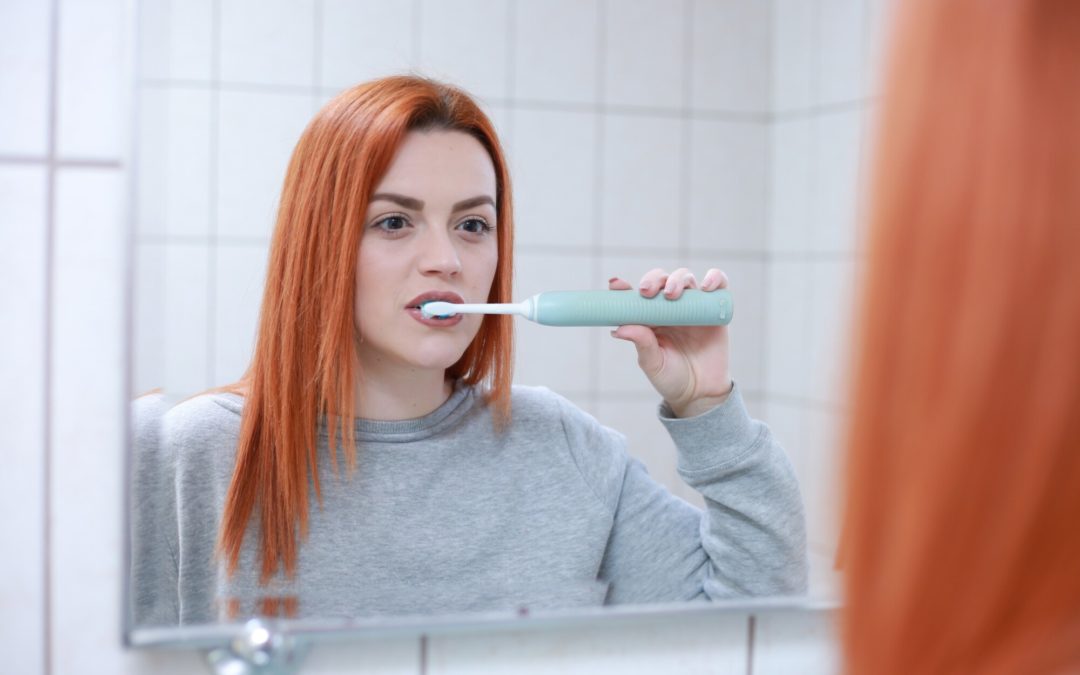The average American has 3 fillings, and 25% have more than 10 fillings. Your teeth are with you for life, and proper dental care is essential to maintain a healthy mouth. Going to the dentist for regular check-ups is an excellent way to identify when preventative or corrective treatment is needed.
However, there are things you can do in-between visits that’ll ensure you get nothing but praise at your dental check-ups. It starts with teeth brushing, but there’s plenty more that you need to learn about if you want to look after your oral health.
Read on to learn more.
1. Brush Your Teeth Properly
As most people know, all dental care tips start with teeth brushing. But, unless you’ve recently taught a young child how to brush, you may be rusty on the proper technique.
You should always brush your teeth twice a day with a soft-bristled brush that is the right size to reach all areas of your mouth easily. Furthermore, you should ensure your brush isn’t too old; as a general rule, you should replace it every 3-4 months. However, if you notice the bristles are getting bent, replace it sooner.
You should buy fluoride-containing toothpaste and squeeze a pea-sized amount onto your toothbrush.
Then, place your brush at a 45-degree angle to your gums and move it back and forth across the surfaces of your teeth. You need to ensure you brush the outer, inner, and chewing surfaces; on the inner surfaces, use up and down strokes for an effective clean.
Finally, make sure you’re brushing for long enough; two minutes is sufficient, so set a timer and get brushing.
2. Use Chewing Gum
A more obscure tip you not have been told at your last dentist visit is that chewing gum can actually be good for your oral health. That being said, it’s only beneficial if it’s sugar-free gum.
Chewing gum can help clean your teeth during the day when brushing isn’t an option. By removing sugars from your mouth, it helps reduce the risk of bacterial build-up.
So, put a packet in your bag and get chewing after a sugary meal. Over time, this could prevent you from needing fillings.
3. Floss
Your dentist wasn’t lying when they said flossing is essential for optimal dental health. Unfortunately, what most people don’t know is that technique is as crucial as owning dental floss.
You should follow these steps once a day for excellent oral health:
- Break off 18 inches of dental floss and wind it around your middle fingers
- Hold the floss tightly between your thumbs and forefingers
- Slowly slide the floss in between two teeth in the direction of the gums
- Hold the floss tightly against the tooth and rub it against each tooth
- Repeat with each tooth
Bear in mind while flossing that you shouldn’t be using sudden motions because this may damage the gums. Where some bleeding is to be expected initially, you shouldn’t be using aggressive movements.
Flossing helps to dislodge pieces of food and bacteria, so you should floss first and then brush. Brushing after flossing is the final stage to removing foreign objects from your mouth entirely.
4. Get a Mouthguard
Next, consider getting a mouthguard to protect the structure of your teeth. If you play contact sports, this is essential.
However, there are other reasons for getting a mouthguard. Many people suffer from bruxism (teeth grinding) during the night. Over time this can lead to your teeth wearing down and becoming noticeably smaller.
A mouthguard will provide a layer of protection to stop any grinding and preserve the natural shape of your teeth.
5. Quit Smoking
It’s been said before, but smoking leads to gum disease and cancers. So, if you’re partial to a cigarette, there’s no better time to quit than right now.
But, don’t worry. There are plenty of resources to help you quit; visit your doctor, and they’ll be able to provide you with several safer alternatives that won’t endanger your health.
Time to put down the cigarette, and your entire body (not just your gums) will thank you.
6. Eat Mindfully
Although brushing and flossing will help, some foods are undeniably awful for your mouth.
Sugary sweets will stick to your teeth, effectively making it a breeding ground for bacteria. The same goes for starchy foods that easily get lodged in the gaps between your teeth. Instead, try to opt for dark chocolate or ensure you’re using sugar-free chewing gum after eating.
Next, be very careful with acidic foods and drinks such as citrus fruits or carbonated drinks. The acid will soften and wear away the enamel, potentially leading to decay. If you do consume acids, you mustn’t brush your teeth straight after because they’ll be in a weakened and vulnerable state.
7. Take Your Dentist’s Advice
Finally, don’t forget to listen to your general dentist; they will give you personalized advice to help you look after your mouth.
This advice is invaluable, so make sure you apply it in-between visits. Your dentist will have the best insight into problems you may encounter in the future; don’t be afraid to ask questions and find out their thoughts on your oral health.
Dental Care Made Easy
So, that’s everything you need to know about practicing proper dental care between dental visits. It’s time to buy some new supplies, stick to your new routine like clockwork, and eat mindfully.
Now that you’ve got a responsible oral health plan in place, why not book in with one of our friendly dentists for your next check-up?





